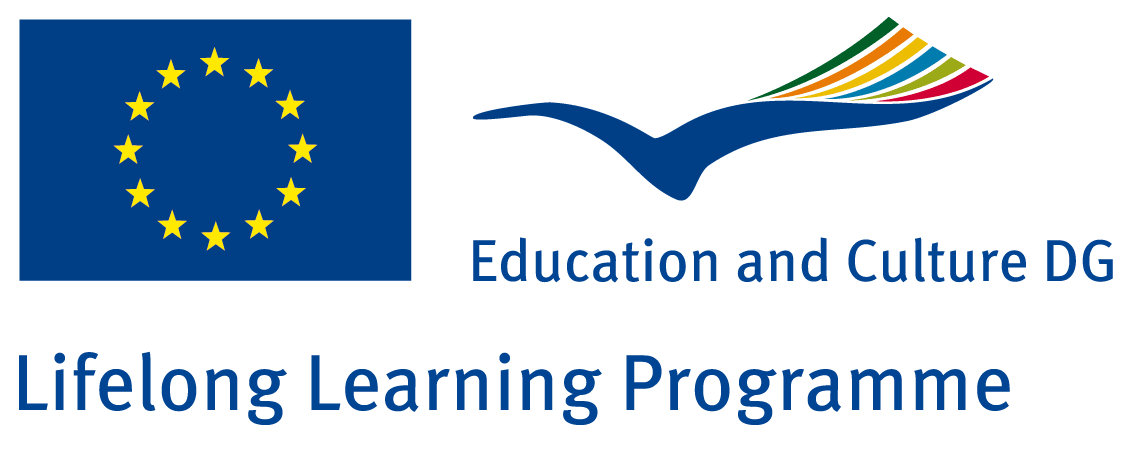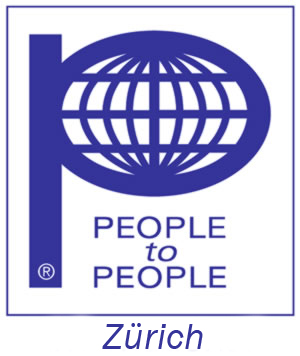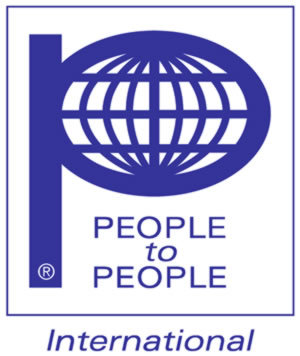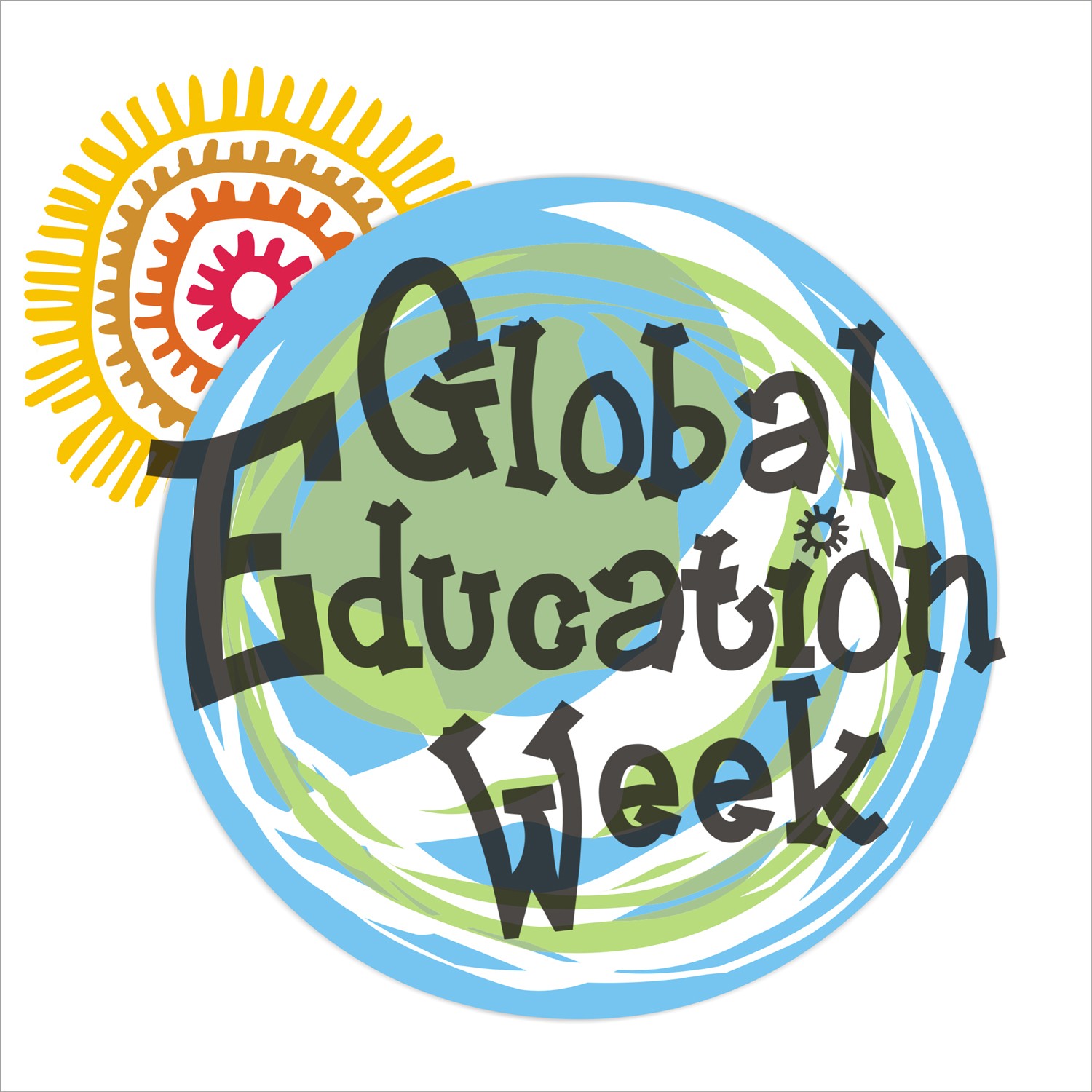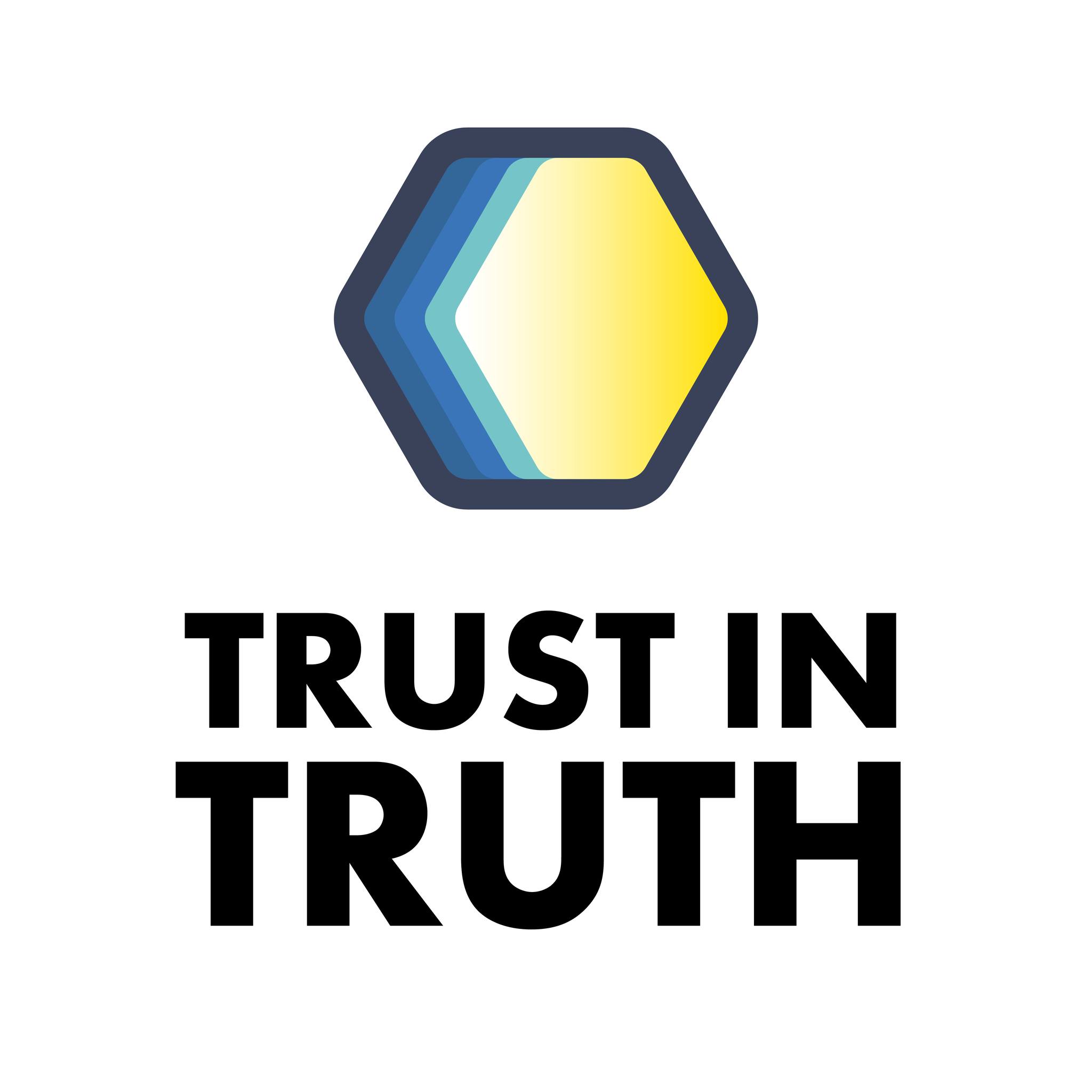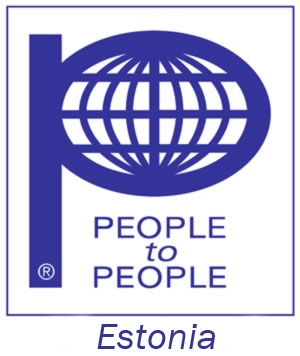Trust in Truth: Digital Literacy in a Post-pandemic Time
“Trust in Truth: Digital Literacy in a Post-pandemic Time” (2021-1-DE04-KA220-YOU-000030309) Erasmus+ cooperation project aims at advancing both the professional and personal development of youth workers and building capacity of partner organisations.
Young people across Europe today are facing diverse challenges; youth work, in all its forms, can serve as a catalyst for empowerment. Young people must know the difference between a trustworthy and untrustworthy source. Once they master the informal logic approach, it will significantly increase their ability to analyse media content and draw their own conclusions. Young people will gain a deeper understanding of the information they have found. Digitally literate youth workers can contribute to close the digital divide and advocate for change and seek innovative solutions by using the project results.
The project Curriculum, coupled with the Web-app, will serve to enable the differentiation in the youth work setting in order to meet the needs of all learners. The Web-app enables front-liners to give their target groups a choice in the kind of activities they take part in. It is especially important in diverse youth work settings in which young people are bringing different cultures and social backgrounds into the mix. Hence, the youth workers need to make thoughtful cultural platforms and appropriate technology choices. In this way, youth workers will be able to address real-world problems and make learning accessible for youth of all backgrounds.
This cooperation partnership project consists of four stages: planning, preparation, implementation and follow-up. The implementation stage will include:
1. Management activities: Creation of Management plan; Monitoring and quality evaluation plan; Communication plan; Risk assessment plan; Promotion and dissemination plan and Sustainability plan.
There will be four transnational project meetings and frequent online meetings. The kick-off meeting will allow us to establish face to face personal contacts. Partners will discuss all steps of the project and tasks, address foreseen results of the project regarding the target groups, elaborate a concrete plan about regular contacts and how to match the stakeholder’s needs. Mid-term evaluation meeting will allow us to fine tune created curriculum and digital literacy practices for the Web-app and address the achievements done so far on a local level. Partners will analyse the progress of the implementation of all activities and project advancement. Evaluation meeting will have an important role for analysing materials for the Web-app. Partners will share feedback received from the participants of local activities they’ve organised. Partners will decide upon the materials that will be included in the final version of the Web-app. The final meeting will conclude and make a summary of the whole project with the aim to prepare a final report. In particular, this meeting will demonstrate the achievements in relation to the initial project objectives. This meeting will also be dedicated to a detailed discussion of project impact to different target groups, lessons learned, follow-up activities and a sustainability plan.
2. Two training courses. The first training course will focus on practical examples of using digital literacy tools. The goal of the activity is for trainees to develop their digital competence. Participants will learn how to shape innovative digital literacy workshops and integrate them into their daily work. They will also go through content analysis cases that examine argumentation, specifically how social media intentionally or unintentionally create disinformation. The second training course will include an exchange of ideas, professional competences, methods and practices on media and multimedia roles in NGO work. There will be post training course assessment and evaluation.
3. Work on results/deliverables Prior to the development of the curriculum and the Web-app, there will be a research phase in order to select the best options for work on the content of two outcomes. Partners will create digital literacy practices which will be used for future project activities and will be included in the curriculum and Web-app.
4. Local activities There will be training, workshops and study visits for youth workers and young people. Local activities will include promotion of the project and cooperation with associated partners. Most importantly, there will be a testing of the curriculum and the Web-app involving youth workers, young people and associated partners. This will allow them to receive feedback from potential users and include it into the development of the final version of project results.
5. Monitoring and evaluation will be implemented regularly during the whole project. There will be evaluations of all mobilities, local and dissemination activities, as well as mid-term and a final evaluation of the whole project. 6. Promotion and dissemination will start before the project proposal is selected for funding and will continue after the end of the project. There will be offline and online activities and multiplier events in six countries.
All the activities of the project are designed in an accessible and inclusive way and are open to people with fewer opportunities. The project incorporates the use of digital tools and learning methods to complement their physical activities, and to improve cooperation between partner organisations.
By implementing this project, and in scope of it, partners will ensure young people have better access to reliable information, support their ability to evaluate information critically and engage in participatory and constructive dialogue. This will be done by the application of activities and methods from the Web-app. The multiplier effect of this project will contribute to the visibility and recognition of non-formal education, frameworks on digital competences of education and the Erasmus+ Programme.
Dissemination and follow-up activities will raise awareness about contemporary challenges, foster international cooperation and will give opportunities to explore what the Erasmus+ Programme provides in order to encourage the personal and professional development of youth workers and building capacity of organisations to work transnationally and across sectors in Europe and beyond. This project will facilitate networking and synergy between youth organisations.
__________________________________________________________________
This project has been founded with support from the European Commission by Erasmus+ Programme. This publication reflects the views only of the author and the Commission cannot be held responsible for any use which may be made of the information contained therein.
